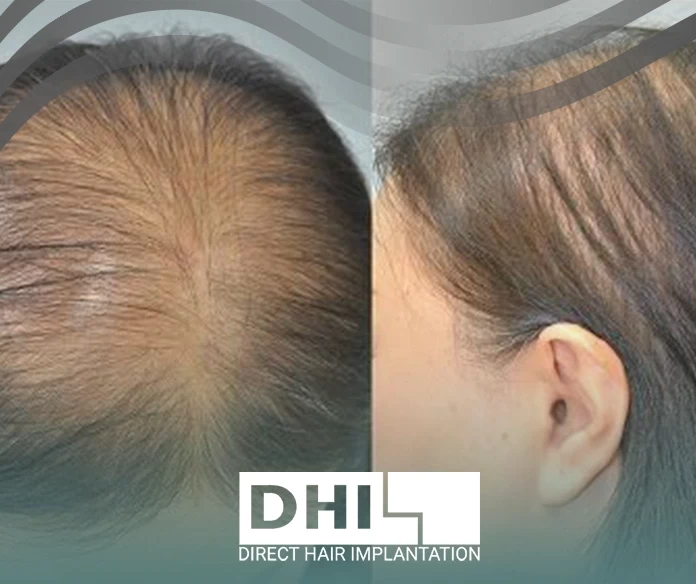Hereditary baldness is one of the most common types of hair loss among both men and women. This type of baldness depends on genetic factors that directly affect hair growth. In this article, we will review the key signs of hereditary baldness and how to identify them in the early stages.
What Is Hereditary Baldness?
Hereditary baldness is a genetic condition that leads to hair loss in specific areas of the scalp. It usually begins with aging and may be inherited from one or both parents. This type of baldness is also known as androgenetic alopecia and affects millions worldwide.
Early Signs of Hereditary Baldness
If you suspect you might be at risk for hereditary baldness, here are some early signs to watch for:
-
Hair loss at the front of the scalp: One of the most prominent signs is gradual recession of the hairline, especially from the forehead.
-
Appearance of thinning patches: Thinning may begin in certain scalp areas, especially on the top or sides of the head.
-
Uneven hair loss: Hair does not fall out uniformly; small bald spots may appear and gradually expand.
-
Hair loss in an "M" shape: A classic sign is hair receding in an "M" pattern at the front of the scalp.
Main Causes of Hereditary Baldness
The signs of hereditary baldness are linked to genetic factors that weaken hair follicles. Some key causes include:
-
Hormonal changes: Changes in hormone levels, particularly androgens, are a leading cause of hair loss.
-
Genetic factors: If a parent or close relative has hereditary baldness, your risk increases significantly.
-
Aging: The risk of hereditary baldness grows with age due to genetic effects.
How Is Hereditary Baldness Treated?
Although hereditary baldness may not be fully curable, several treatments can reduce hair loss and stimulate growth:
-
Medical products: Minoxidil is one of the most popular treatments used for hereditary baldness.
-
Hair transplantation: An effective solution for advanced cases.
-
Laser therapy: Low-level laser treatments can help stimulate hair growth.
How Is Hereditary Baldness Diagnosed?
If you suspect hereditary baldness, consult a hair specialist. The doctor will assess your condition based on symptoms such as hair loss in specific areas. Additional tests or analyses may be conducted to determine the exact cause.
Importance of Early Intervention
One of the most crucial aspects of hereditary baldness is starting treatment promptly. The earlier the diagnosis, the more effective the treatment can be. If you notice any signs, it is recommended to visit a specialist as soon as possible.
Early signs of hereditary baldness are relatively easy to recognize. If you are experiencing hair loss, do not hesitate to consult a doctor for an accurate diagnosis and appropriate treatment. You can always visit the DHI center for further consultations and specialized care.

